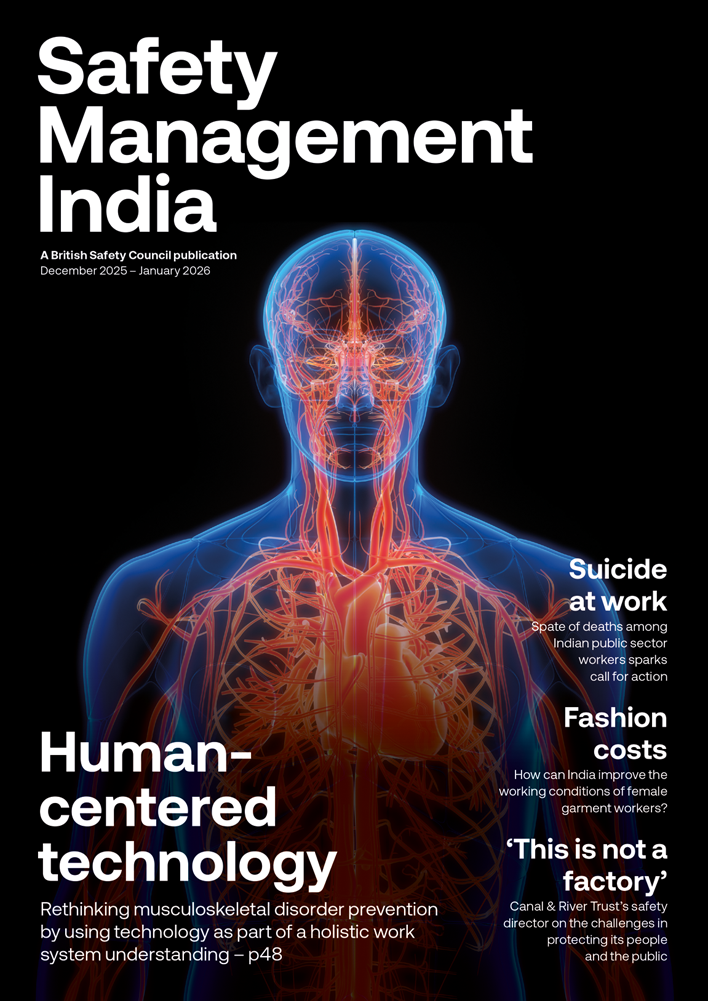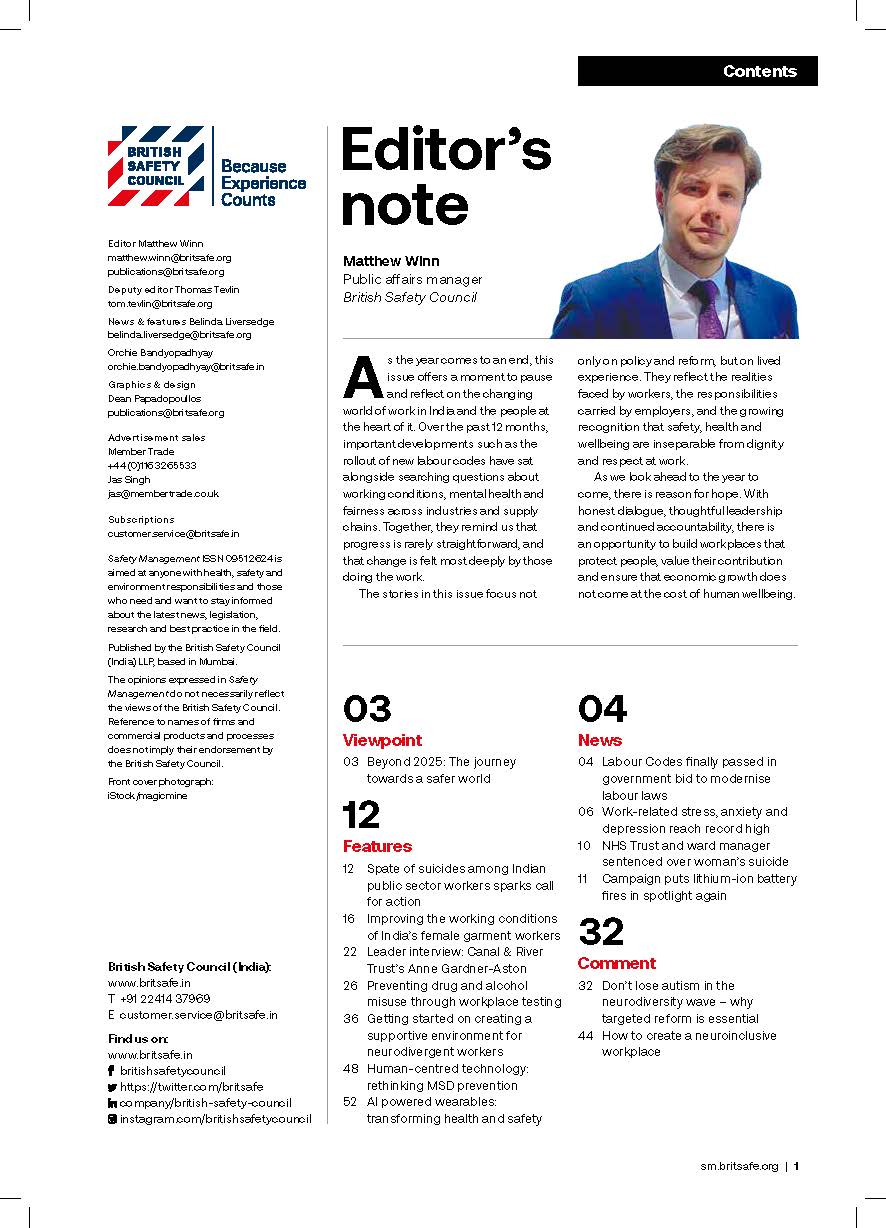Offshore oil and gas companies are being urged to focus more closely on the potential for human error to cause major accidents, after an inspection of a platform operated by Apache in the North Sea found failings in plans to prevent fires and explosions.
News
HSE urges offshore oil and gas firms to focus more on safety risks from human error
The Health and Safety Executive (HSE) issued a “major accident warning” to offshore firms on 22 July, in which it warned about the risks that human error can pose when performing safety critical tasks on oil and gas platforms.
 HSE has issued a warning to all offshore firms to consider more closely the impact that human factors could have on safety critical tasks on oil and gas platforms. Photograph: iStock/Arild Lilleboe
HSE has issued a warning to all offshore firms to consider more closely the impact that human factors could have on safety critical tasks on oil and gas platforms. Photograph: iStock/Arild Lilleboe
The warning followed an improvement notice served by the regulator to Apache North Sea Limited in May, which said: “You have failed to take appropriate measures with a view to preventing fire and explosion – in particular to prevent the uncontrolled release of flammable or explosive substances, namely hydrocarbon fluids during main oil line (MOL) pig launcher operations, on the Forties Delta offshore installation.”
The notice added that human and organisational factors issues had not been addressed in the design of the pig launching system, or in the supporting procedures and competency management systems.
Apache, which has not appealed against the notice, has until 9 November to comply.
The action against Apache prompted a wider warning from HSE to all offshore firms to consider more closely the impact that human factors could have on safety critical tasks on oil and gas platforms.
“Offshore companies need to understand and evaluate where and how these safety critical tasks might be vulnerable to human error,” said Mary Marshall, a principal specialist inspector at HSE. “Safety Critical Task Analysis (SCTA) is an established, structured process that will help companies demonstrate that these tasks can be carried out safely, reliably, and that the risks are managed to as low as reasonably practicable.”
While several offshore companies have launched SCTA programmes, HSE says they have been implemented “with varying degrees of success”. Common failings include “a lack of sustained commitment and progress with the work, and inconsistencies in the quality of assessments”.
NEWS
Employment rights bill passes into law, bringing 'work into the 21st century'
By on 24 December 2025

Long awaited Labour Codes finally passed in government bid to modernise labour laws and boost workers’ safety, wellbeing and employment rights
By Orchie Bandyopadhyay on 11 December 2025



